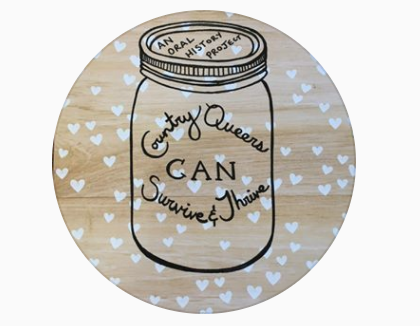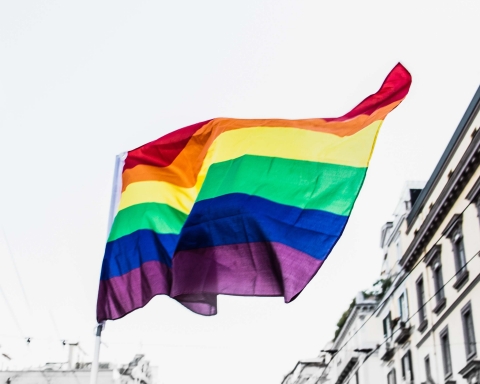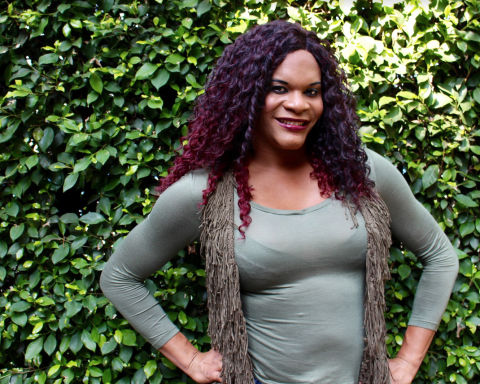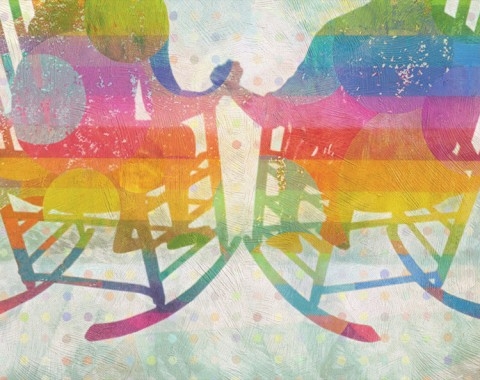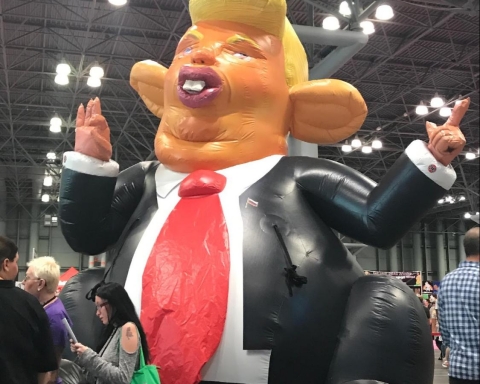Ever heard the term “queer migration?” I hadn’t realized it was a trend until I found myself connecting with a gay friend the other day over losing LGBTQ+ communities to the pull of LA, New York, and Chicago. Apparently, it’s enough of a phenomenon that there’s a growing body of academic scholarship exploring the causes and effects of queer migration.
One of the premises for this phenomenon is perpetuated in part by shows like The L Word, which perpetuate the myth that big cities are the only places where queer people can thrive. In the United States, we see cities as hubs of art, refinement, and civilization—the bigger the metropolis, the more progressive the people. At the same time, TV shows like Duck Dynasty teach us to stay the hell away from rural areas.
But while it’s true that big cities house thriving LGBTQ+ communities, it’s not true that those communities are the best homes for all LGBTQ+ individuals. This truth was the spark that inspired Rachel Garringer to found Country Queers, an oral history project that snapshots the experiences of queer people living in small towns and rural areas.
Garringer and her team have collected multimedia stories from LGBTQ+ people across the country, whose experiences differ and coincide relating to their queerness as well as other parts of their identities, such as “race, class, age, ability, gender identity, [and] immigration status.” Their words and pictures discuss growing up queer in the country, coming out to family and friends, returning to the country after living in a city, and other joys and struggles of living in sparsely populated places.
Garringer’s work shows us a huge fault in mainstream queer narratives in the U.S.—I didn’t even realize my assumption that a gay or trans person couldn’t thrive in the country until I started reading through the interviews on Country Queers. Learning about how queer people are struggling and flourishing in places like Viper, Kentucky, and Hobolochitto Swamp, Missouri reminded me that the experiences of LGBTQ+ people are more diverse than we could ever account for. And Garringer’s project provides a service for those who already live in the country as well. In her own words:
“I want isolated queer folks living in rural places to know that there are others out there, all over this country. I want to know what country queers think needs to change, so that the option of being queer and staying in the country could become easier. I want proof that country queers can survive. That we can thrive.”
Author: Clare McKinley

